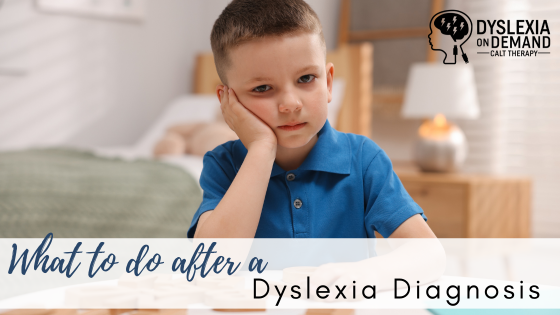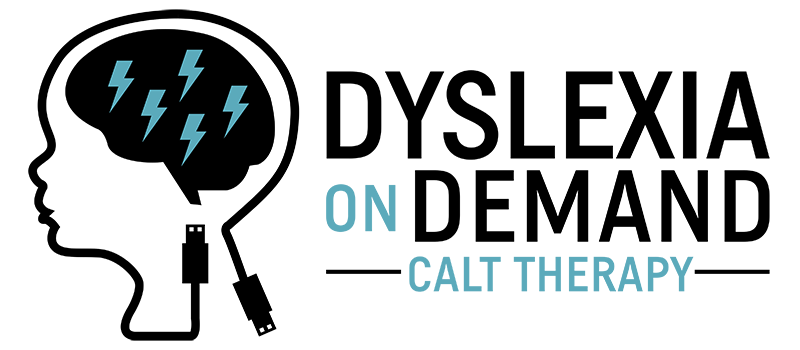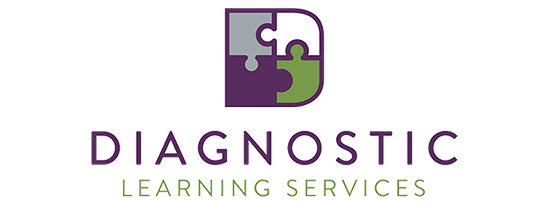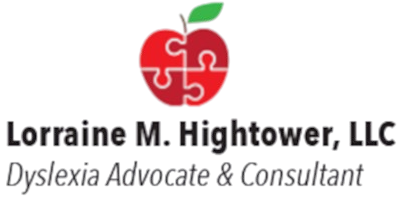
What To Do After A Dyslexia Diagnosis: A Step by Step Guide
Executive Summary:
Navigating dyslexia can feel overwhelming, especially after a diagnosis. Families often wonder what steps to take next, how to support their child, and what resources are truly effective. This guide breaks down the process into clear, manageable actions—from understanding the diagnosis to finding the right intervention—so you can confidently move forward and give your child the support they need to thrive.
When it comes to learning, children are certainly not one-size-fits all learners. Each child has different styles, strengths, interests, and needs. Some students might be visual learners while others are auditory learners. A lot of kids may be kinesthetic learners, and many will learn by using a combination of these different methods.
In addition to learning styles, children have different learning abilities; a new dyslexia diagnosis can be the real first step in learning how to understand your own child’s unique learning style and needs. But this is just the beginning: you’ll want to support your child effectively as he or she navigates academics and everyday life. Read on to learn more about what to do after a dyslexia diagnosis with this step by step guide.
- Get a better understanding of the dyslexia diagnosis. When you have a child who is dyslexic, it is so important to get to know the basics of dyslexia. First, it is a specific learning disability that is neurobiological in origin and/or derived from language acquisitional challenges. There are many myths about dyslexia that say it’s a sign of low intelligence or poor vision. These are untrue. Many times, students will have difficulty with reading skills like accuracy, fluency, spelling, and decoding; these issues are phonological in nature. Working with experts like those at Dyslexia on Demand can help you to gain a better understanding of what dyslexia really is and how it is specifically affecting your child.
- Have a conversation with your child. A learning disability should not cause feelings of shame for a student. Communicate with your son or daughter to explain his or her diagnosis in a way that is age-appropriate. Dyslexic students may have struggles in the classroom, but they may also have amazing strengths. Reassure your learner that knowing that they have dyslexia is helpful so that you can work to find the best ways to help them succeed in the classroom and beyond.
- Work with your child’s school. Reach out to your student’s schools to meet with the right staff—teachers, principals, or special education coordinators—in order to discuss your child’s dyslexia diagnosis. You can learn from staff about which accommodations may be implemented for your child and advocate for additional services if needed.
- Secure support outside of school. While some parents may think that tutoring is the answer, tutoring may simply serve as a bandaid for a bigger problem. At Dyslexia on Demand, we offer one-on-one sessions for dyslexia therapy. This is different from tutoring in that it is a structured approach to reading instruction that is systematic, explicit, and multisensory. We use an Orton-Gillingham curriculum that is taught by highly educated specialists, Certified Academic Language Therapists (CALTs). Dyslexia therapy is a solution with lasting results that uses evidence-based methods.
- Check out some dyslexia resources. Dyslexia on Demand has taken note of some of the most valuable resources for dyslexia-related education, advocacy, and laws. Some of these websites include: the International Dyslexia Association, National Center on Improving Literacy, the National Center on Intensive Intervention, Wrightslaw, and the Council of Parents, Advocates, and Attorneys.
- Create a support system. It can be really helpful to connect with a community of other parents of dyslexic students. Not only is it good to have someone to share experiences with, you can also help each other by sharing different strategies and resources that work for your children. Be sure to also partner with professionals like your student’s teachers, school staff, and dyslexia therapists.
- Ensure consistency. Having a consistent routine for your student with dyslexia is key to their success. When your student works with Certified Academic Language Therapists at Dyslexia on Demand, comprehensive intervention sessions happen consistently with high frequency over a sustained period of time.
- Help to empower your child. Meet your child where he or she is. Acknowledge strengths and talents, and encourage them in the activities that they enjoy and thrive in. A child’s identity is not defined by a learning disability diagnosis. At the same time, you can empower your child by seeking the right kind of support, like dyslexia therapy.
- Reach out to Dyslexia on Demand. Our experts are equipped to help set your child on the path to creating new neural pathways in the brain. We are on a mission to make life-changing dyslexia therapy available to students through our online programs. You can call us at 888-292-3906 to learn more about our Certified Academic Language Therapists and our Take Flight curriculum.
Are you ready for your student to start dyslexia therapy? Help your child to develop a stronger sense of self confidence by giving them the tools needed to succeed. Book a free consultation with Dyslexia on Demand, or just check out our website for more information.
FAQs
1. What should I do immediately after my child is diagnosed with dyslexia?
Begin by gathering a clear understanding of the diagnosis and discussing next steps with your child’s evaluator or school. Then, research evidence-based interventions and connect with qualified providers who specialize in dyslexia support.
2. How do I know which dyslexia intervention program is best?
Look for structured literacy programs that are research-based, multisensory, and tailored to your child’s individual needs. Programs such as Orton-Gillingham and other structured literacy approaches are often recommended.
3. Can my child succeed in school with dyslexia?
Yes. With the right support, children with dyslexia can excel academically and develop strong confidence in their abilities. Early intervention, consistent practice, and collaboration between parents, educators, and specialists are key to long-term success.
References
International Dyslexia Association – Facts About Dyslexia
Authoritative overview of what dyslexia is, common myths, and evidence-based facts.National Center on Improving Literacy – Dyslexia Resources
Federal research-based tools and guidance for parents, educators, and policymakers.National Center on Intensive Intervention – Academic Intervention Tools
Practical intervention resources and evidence-based strategies for students with learning disabilities.Wrightslaw – Special Education Law and Advocacy
Comprehensive information on legal rights, advocacy strategies, and educational planning for students with disabilities.Council of Parent Attorneys and Advocates (COPAA)
Parent and advocate network focused on equity and legal protections for students with disabilities.Shaywitz, S. (2003). Overcoming Dyslexia: A New and Complete Science-Based Program for Reading Problems at Any Level. New York: Knopf.
A foundational book on the science of dyslexia and effective interventions.National Institute of Child Health and Human Development – What is Dyslexia?
Federal health agency definition and research-based explanation of dyslexia.












